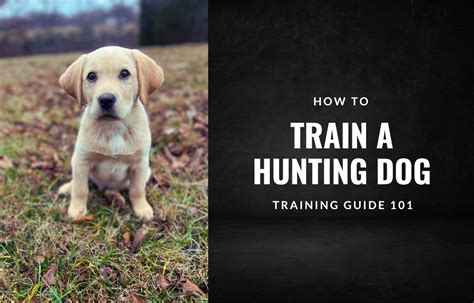Introduction:

The bond between dogs and humans has been forged over centuries, with dogs serving as loyal companions, protectors, and invaluable aids in various endeavors, including hunting and retrieving. Dog hunting and retrieving training is a specialized discipline that enhances a dog’s natural instincts to track and retrieve prey, making them indispensable partners for hunters seeking success in the field.
Importance of Dog Hunting and Retrieving Training:
- Increased Success Rate: Trained hunting dogs are significantly more effective at locating and retrieving game, ensuring that hunters maximize their opportunities and minimize game loss.
- Efficiency and Time-Saving: Well-trained retrievers save hunters countless hours of searching and recovering game, allowing them to focus on other aspects of the hunt.
- Safety and Respect: Trained dogs help prevent game from being lost or spoiled, ensuring ethical hunting practices that respect both the quarry and the environment.
- Enhanced Bond: The training process strengthens the bond between hunter and dog, building trust and companionship that extends beyond the hunting field.
Best Dog Breeds for Hunting and Retrieving:
Certain breeds possess innate abilities that make them ideal for hunting and retrieving. Some of the most popular include:
- Golden Retrievers: Known for their versatility, intelligence, and gentle nature, Golden Retrievers excel in retrieving both upland game and waterfowl.
- Labrador Retrievers: Highly trainable and eager to please, Labrador Retrievers are renowned for their athleticism and water-loving abilities, making them ideal for retrieving in all conditions.
- German Shorthaired Pointers: Dual-purpose dogs, German Shorthaired Pointers combine pointing and retrieving skills, making them invaluable companions for upland game hunting.
- Chesapeake Bay Retrievers: Hardy and rugged, Chesapeake Bay Retrievers are known for their exceptional water retrieving abilities and unwavering determination.
Training Methods:
Effective dog hunting and retrieving training requires a combination of positive reinforcement, repetition, and consistency. Here are the most common methods:
- Scent Training: Dogs are introduced to the scent of the game they will be retrieving, using toys or treats as rewards.
- Mark Training: This method involves teaching the dog to follow a specific path or target to locate and retrieve game.
- Water Training: For retrieving waterfowl or game in aquatic environments, dogs are trained to navigate water, retrieve objects, and return to the handler.
Tips and Tricks:
- Start Training Early: Begin training as soon as the dog is old enough, typically around 6-8 months.
- Use High-Value Rewards: Choose treats or toys that the dog finds irresistible to motivate them during training.
- Keep Training Sessions Short and Positive: Avoid overwhelming the dog with long, repetitive sessions. Focus on making training enjoyable and rewarding.
- Practice in Real-World Environments: Once the dog has mastered basic commands and skills, introduce them to real-world hunting situations to reinforce their training.
Benefits of Dog Hunting and Retrieving Training:
- Increased hunting success rate
- Reduced game loss and spoilage
- Enhanced safety and ethics
- Strengthened bond between hunter and dog
- Improved obedience and control in general
Highlights and Exceptional Cases:
- Record-Breaking Retrievals: Some dogs have achieved extraordinary feats in the field, such as Shadow, a Labrador Retriever who set a world record for retrieving a pheasant from over 1,000 yards away.
- Canine Heroes: Trained hunting and retrieving dogs have also been instrumental in search and rescue operations, locating lost hunters or disaster victims.
Conclusion:
Dog hunting and retrieving training is a valuable investment for hunters and dog owners alike. By harnessing a dog’s natural instincts and providing specialized training, hunters can significantly enhance their hunting experience and forge an unbreakable bond with their canine companions.





















